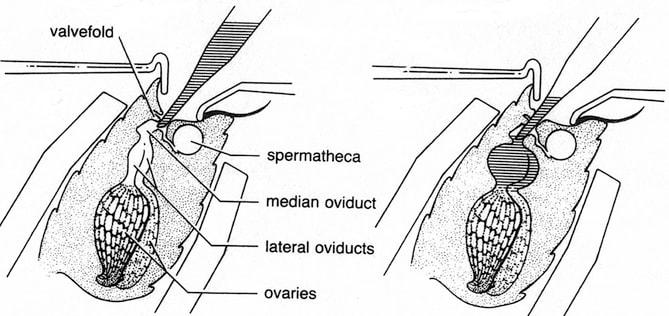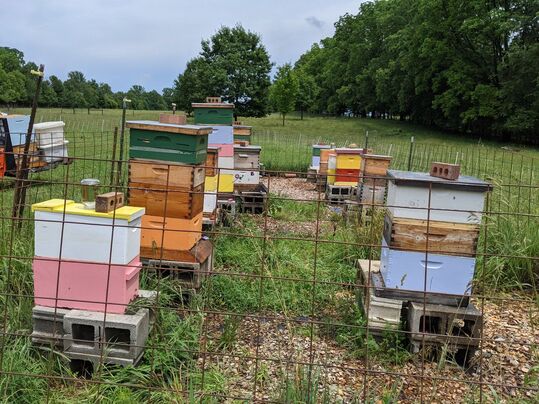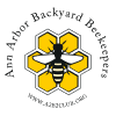 Artificial Insemination Diagram Honey Bee, Credit J. Harbo USDA Artificial Insemination Diagram Honey Bee, Credit J. Harbo USDA Assortment In the last post we discussed the different subspecies of Apis mellifera, the Western honey bee, the species of honey bee kept by beekeepers in the United States. From these subspecies, people have bred certain strains or stocks of bees. This selective breeding is usually done to preserve certain desirable traits, usually disease or mite resistance. The definitions of strains, stock, lines, and breeds of bees is a little murky and sometimes purebred subspecies of A. mellifera are also referred to as strains, stocks, lines, or breeds. Buckfast Some common honey bee stocks include: Buckfast, Saskatraz, Purdue Ankle-Biter (PAB), Varroa Sensitive Hygienic (VSH), feral chewers, and “survivor stock.” The Buckfast bee line is a subspecies of A. mellifera (A. m. buckfast) and was developed by a monk in England to fight the devastation wrought on English bees in the early 1900s by the tracheal mite. These are a combination of Italian bees and German bees. Saskatraz bees are from a breeding program in Saskatchewan, Canada whose primary goal was increased honey production (anecdotal reports say they are also resistant to Varroa mites). All the rest of the mentioned strains have been bred for either general disease (VSH) or Varroa mite resistance. “Survivor stock” are from overwintered colonies who survived Varroa mites with only rigorous IPM mite management and no chemical treatments. PABs and feral chewers are known for their increased grooming habits which include chewing the legs off of the adult mites and killing them. Control It is difficult to selectively breed bees because the queens mate away from the hive with 10-20 different drones from multiple colonies that are not their own. This maintains the genetic diversity which is normally better for keeping a colony healthy and prevents inbreeding. Unfortunately, this also means that most beekeepers have no control over the genetics their queens return with after a mating flight. Selective breeding programs either artificially inseminate the queens with sperm from drones with the desired genetic trait, or supersaturate the miles surrounding the queen’s hive with drones with the desired genetic trait. More Information: https://honeybeehealthcoalition.org/wp-content/uploads/2021/06/Commercial_Beekeeping_062121.pdf (page 3)
0 Comments
Leave a Reply. |
AuthorJen Haeger is a new master beekeeper and board member of A2B2. Archives
August 2022
Categories
All
|


 RSS Feed
RSS Feed
